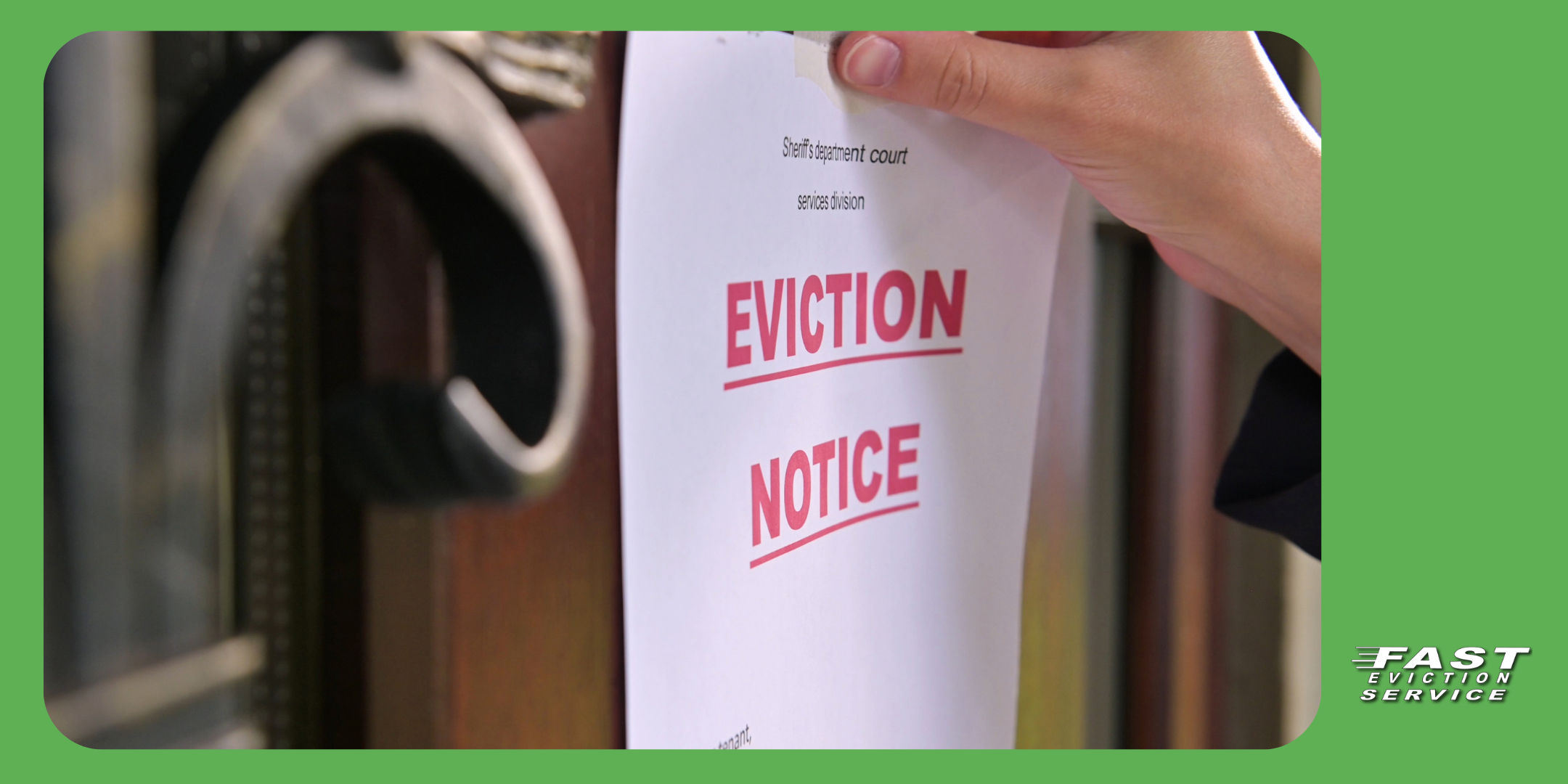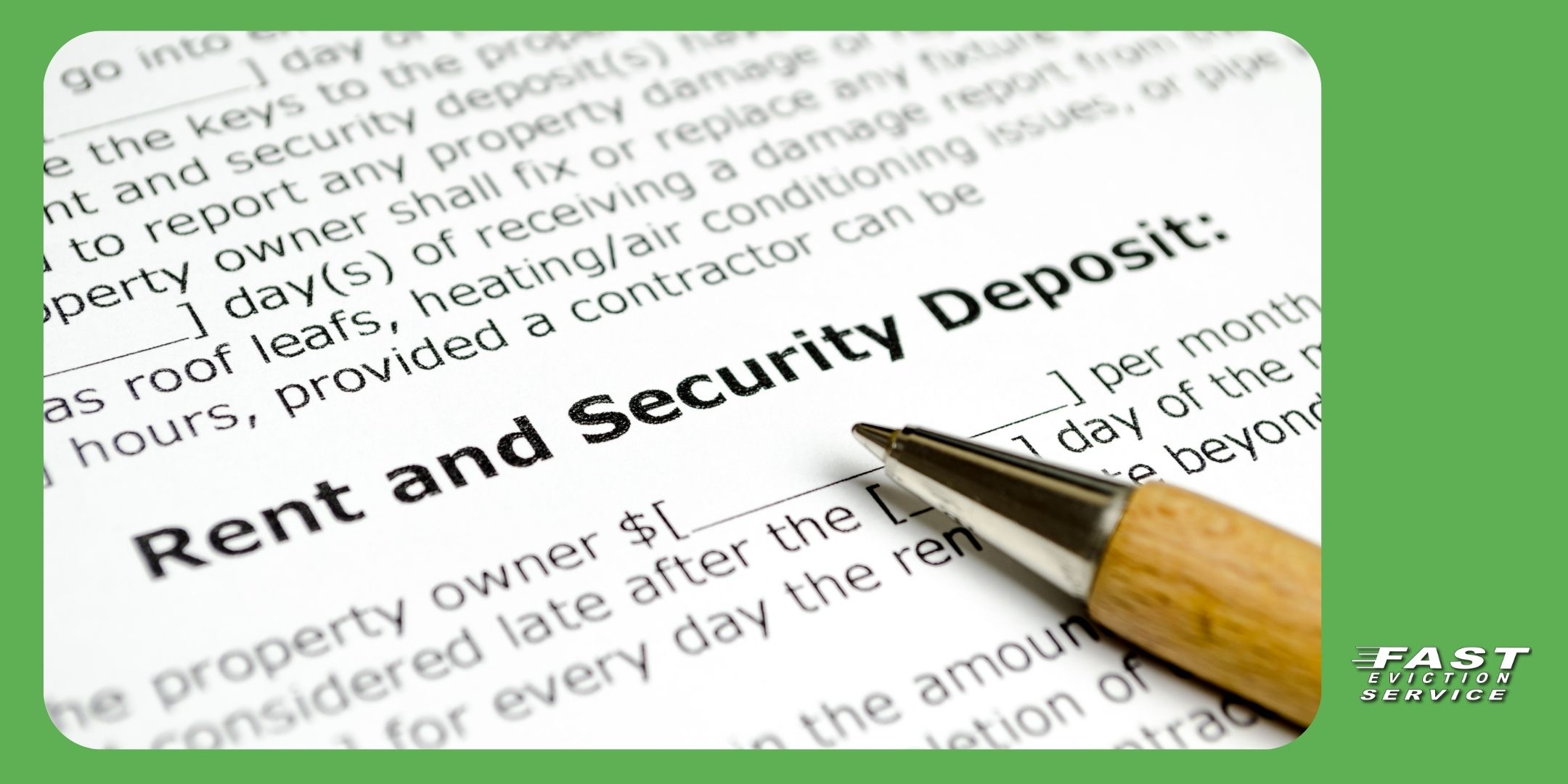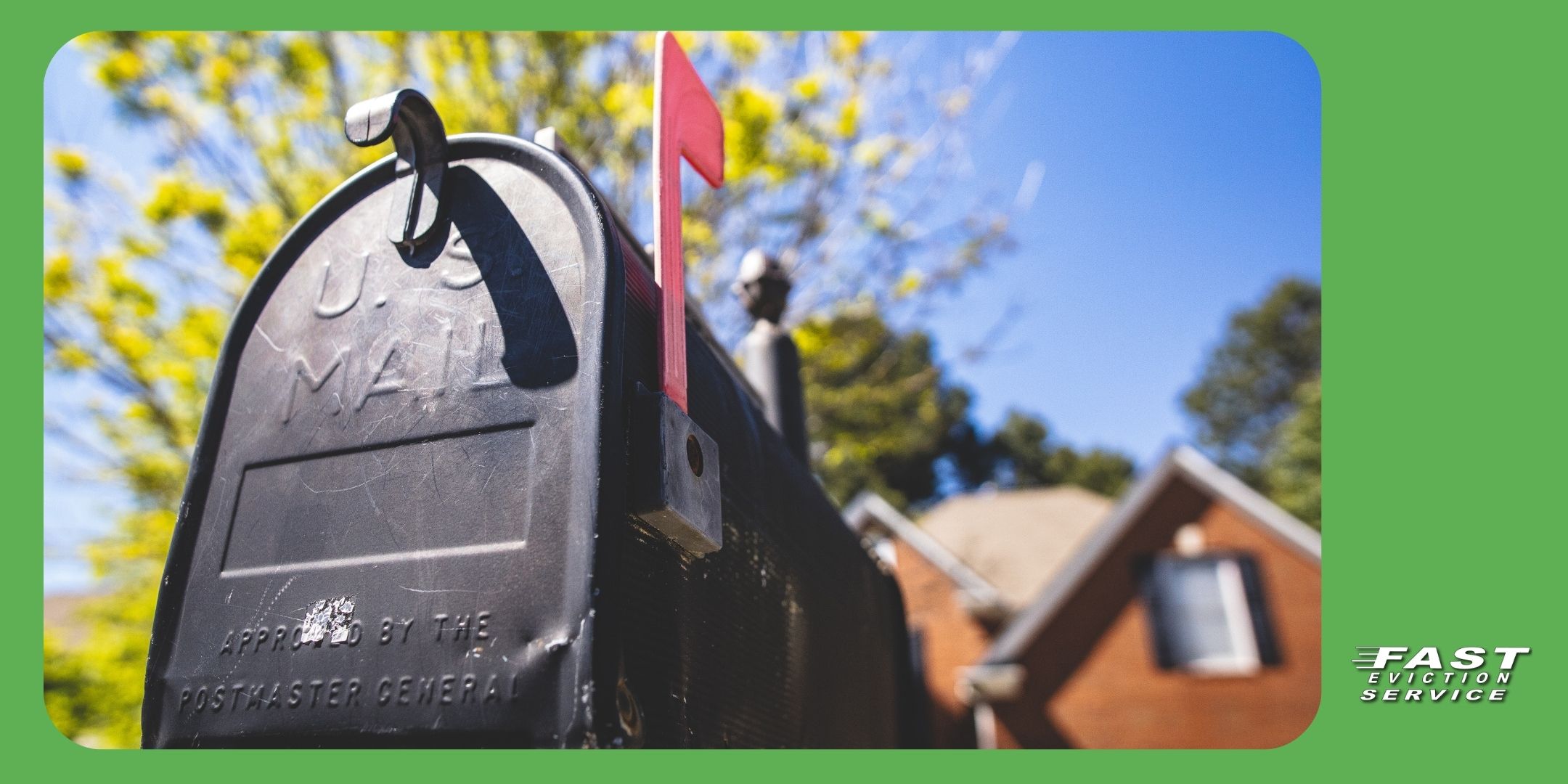Updated 6/27/24
In California, landlords typically require a security deposit, which is usually equivalent to one month’s rent. The purpose of this deposit is to protect against damage to the property beyond normal wear and tear, and to mitigate any financial losses in the event of a tenant breaking the lease early and failing to pay rent. The following is a summary of the laws that pertain to the use and security deposit refund in California.

How much can a landlord hold as a security deposit?
According to California’s landlord-tenant laws, the maximum amount a landlord can charge for a security deposit is equivalent to two months’ rent for an unfurnished residence and three months’ rent for a furnished one. However, if the tenant is an active duty service member, the security deposit can only be one month’s rent for an unfurnished rental and two months’ rent for a furnished rental. Additionally, landlords can charge an extra one-half month’s rent if the tenant has a waterbed. It’s worth noting that landlords cannot charge nonrefundable fees in California.
When does the landlord have to return the security deposit?
In California, landlords are required by law to return the security deposit to the tenant within 21 days of them surrendering the rental property to the landlord, which includes returning the keys and vacating the property. Along with the security deposit, the landlord must provide an itemized statement of deductions.
Related: Free Security Deposit Disposition Form
Do landlords need to notify the tenant of any security deposit withholding?
Yes. In California, landlords are required to give tenants advance notice before making any deductions from their security deposit. This includes providing an itemized statement of any proposed deductions, as well as an explanation of the tenant’s rights to dispute the deductions. Additionally, landlords must provide evidence of the repairs or cleaning expenses that the deductions are intended to cover. Failure to comply with these requirements can result in penalties or legal action against the landlord.
How long does a landlord have to return a deposit in California?
In California, a landlord has 21 days after a tenant moves out to return the security deposit. If any deductions are made from the deposit, the landlord must provide an itemized statement listing the amounts deducted and the reasons for each deduction. If the deductions total more than $125, the landlord must also include copies of receipts, invoices, or good-faith estimates for the repairs or cleaning.
What is the maximum security deposit a landlord can charge in California?
In California, the maximum security deposit a landlord can charge depends on whether the rental unit is furnished or unfurnished:
- According the changes brought by AB 12, the maximum amount of money that can be held by the landlord as a security deposit is equal to one month’s rent.








